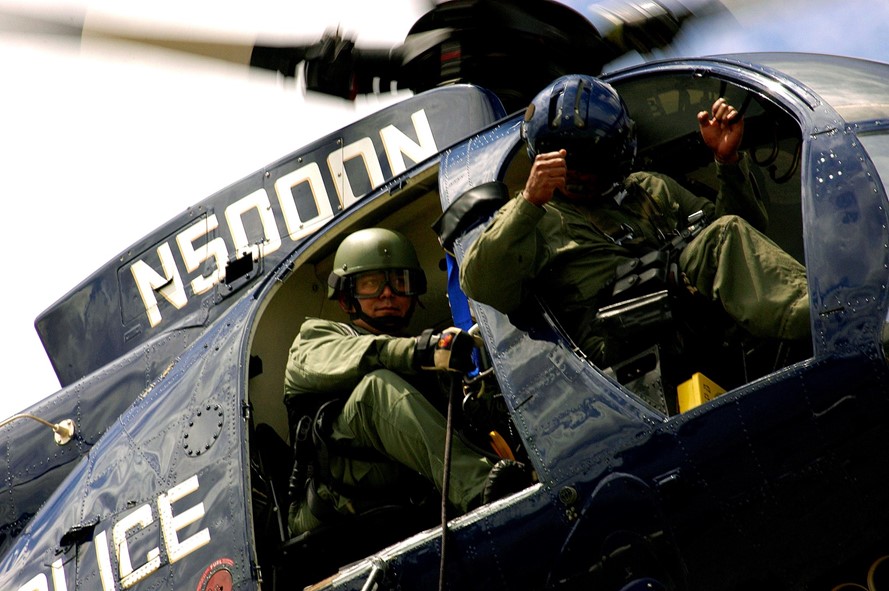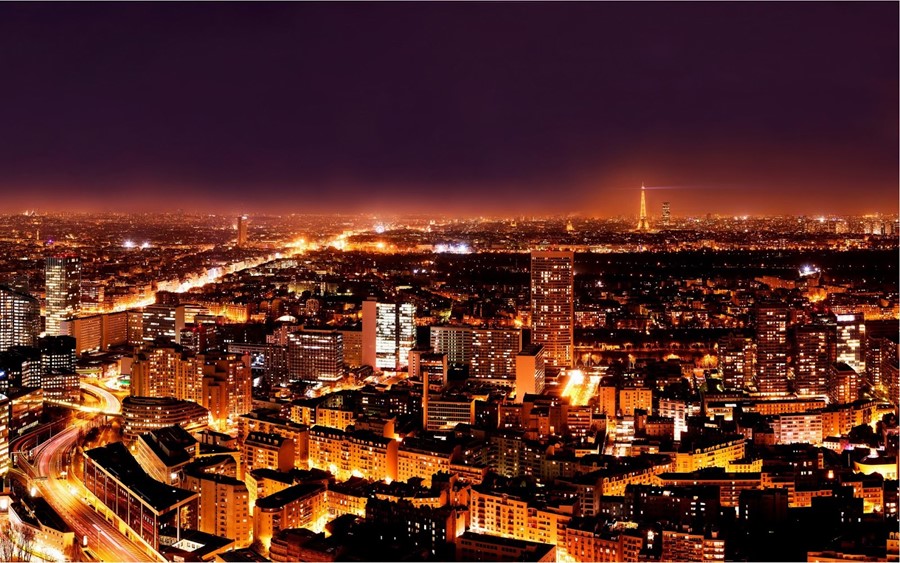Venezuela Is Struggling To Afford To Print More Money
May 2, 2016 in Daily Bulletin

Zero Hedge covered one of the many alarming elements of Venezuela’s ongoing financial crisis:
- Hyperinflation in Venezuela has caused a financing crisis for the government – with public servants being required to take five day “weekends” in order to save money.
- The government has been trying to print money to make its payments – further fueling inflation and driving a vicious cycle.
- Venezuela has struggled to print the money itself – partly because the country has a shortage of the security paper, and metallic ink required to pump out the currency.
- So it has outsourced currency printing to other international vendors – who have been delivering bank notes by the 747 plane-load.
- Recently, however, it has emerged that the government has missed $71 million worth of payments to one of its vendors, and it’s unclear if the government will ever make that payment.
- It doesn’t help that the largest denomination note is for a mere 100 Bolivars – about ten American cents on the black market.
- The administration of Nicolás Maduro, the President, could save a lot of money by releasing higher denomination notes that it wouldn’t have to print as many of.
- However, the government fears that this will contribute to inflation – right now, at least, prices are limited by the amount of notes that can be carried in a wheelbarrow.
- As it is Maduro’s government has stopped printing denominations of 20 Bolivars and below because they cost more to produce than they are worth.
Read the full saga over here.
Source: Zero Hedge









Join the Discussion! (No Signup Required)